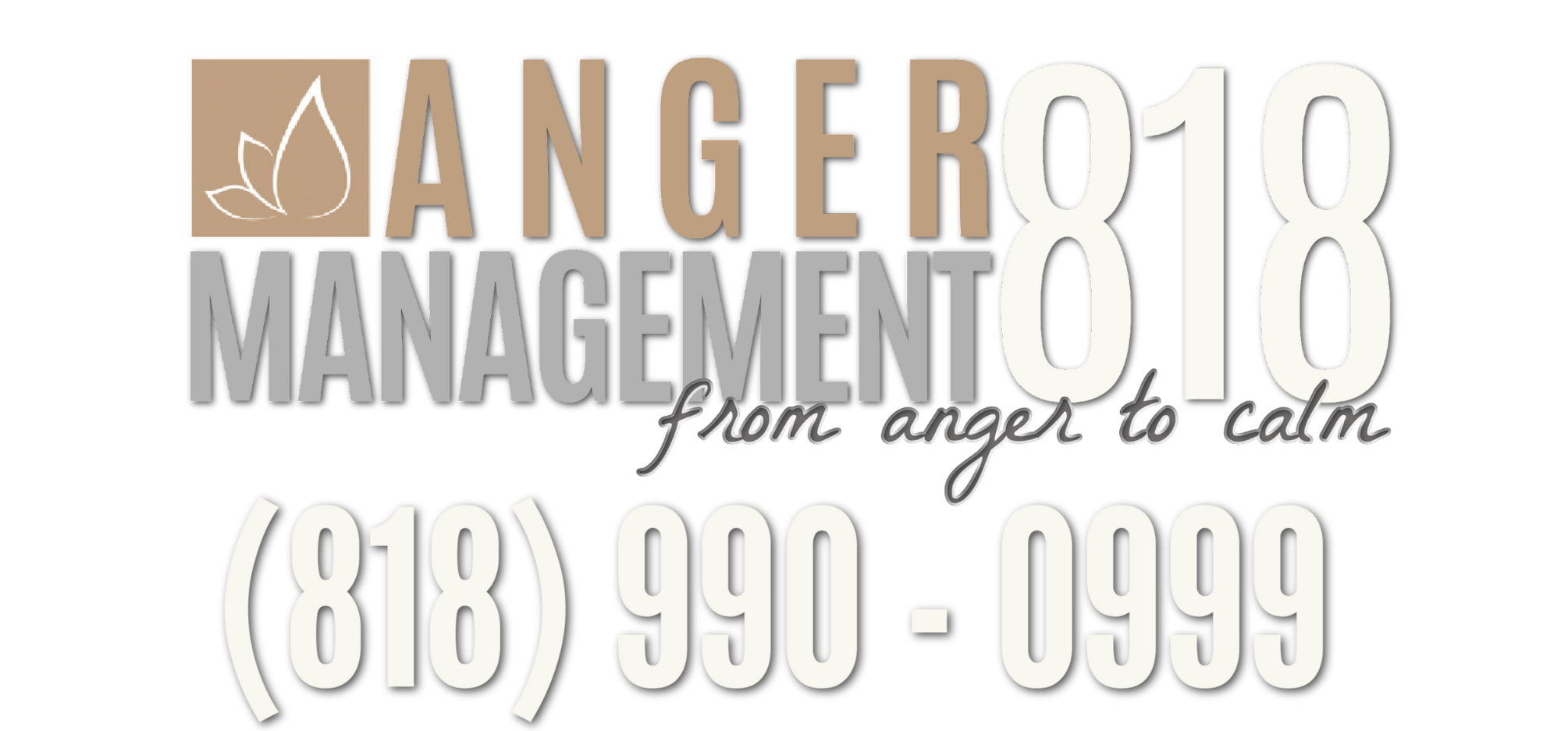Cognitive bias is a phrase used to describe how your brain searches for meaning and processes information. At times, this information may be misperceived or not fully factual or true. For example, your brain may process a situation negatively and pay less attention to the positive aspects. Therefore, when something feels “off-putting,” we may take it personally. For example, if you are texting a friend and they don’t respond right away, instead of thinking, “they are probably just busy with work,” you will think, “they are ignoring me on purpose”.
Oftentimes, one of the main triggers for conflict and arguments in a relationship is the feeling of being disrespected. When you feel disrespected, you may feel a rush of anger, defensiveness, and possibly even build up resentment. However, usually it is less about what actually happened and more about the perception or interpretation of one’s behaviors.
Your interpretation of an event can trigger an undesired response. What we may interpret as “disrespect” may not be intentional; rather, it is a combination of unmet needs, miscommunication, unrealistic expectations, and/or suppressed emotions.
In a nutshell: We feel disrespected when we do not feel understood, validated, and not heard or seen. Then, anger emerges as a protective part to shield you from the pain and discomfort, leading to a barrier to enhance or build a healthy relationship. At times, saying a phrase such as “you disrespected me” will only get your partner to become defensive and result in the conflict escalating.
How Do I Not Get Defensive? – Accessing Empathy
Empathy does not mean that you excuse one’s hurtful words or behaviors. Rather, it means you are working to seek a level of understanding to respond logically rather than to react impulsively. Try asking yourself these questions before jumping to conclusions or interpretations of an event/one’s actions:
- Is there another way I can look at this?
- Could I interpret this differently? Do I know the full story?
- How might they be feeling right now?
- Have I communicated clearly as to what my needs and boundaries are?
- Is what I am thinking the full truth? Could I “check the facts” and find evidence against my unhelpful thoughts?
- If I become reactive, where might that lead us? How can I respond rather than react?
To deepen our relationships, we need to recognize that not every situation that triggers strong emotions is an act of disrespect. What strengthens connections are acts of validation, clear communication, and mutual understanding. There are several factors as to why we perceive certain actions as disrespectful. Some of the many are past emotional experiences, unspoken expectations and boundaries, and a buildup of suppressed emotions that have not been healthily processed.
If you’re feeling overwhelmed by anger in your relationships and need guidance in accessing empathy, it may help to talk to a therapist. At Anger Management 818, our team of certified anger management counselors can help you establish healthier boundaries, manage anger, and foster stronger relationships built on mutual respect.
You don’t have to manage this on your own. Reach out today to start building a life where your boundaries are seen, heard, and honored.

Rita Akhian, AMFT#142256 is an Associate Marriage and Family Therapist at Avedian Counseling Center offering individual, couples, and family therapy in Sherman Oaks and Glendale. Rita works under the licensed supervision of Chrys Gkotsi, LMFT #113638.




